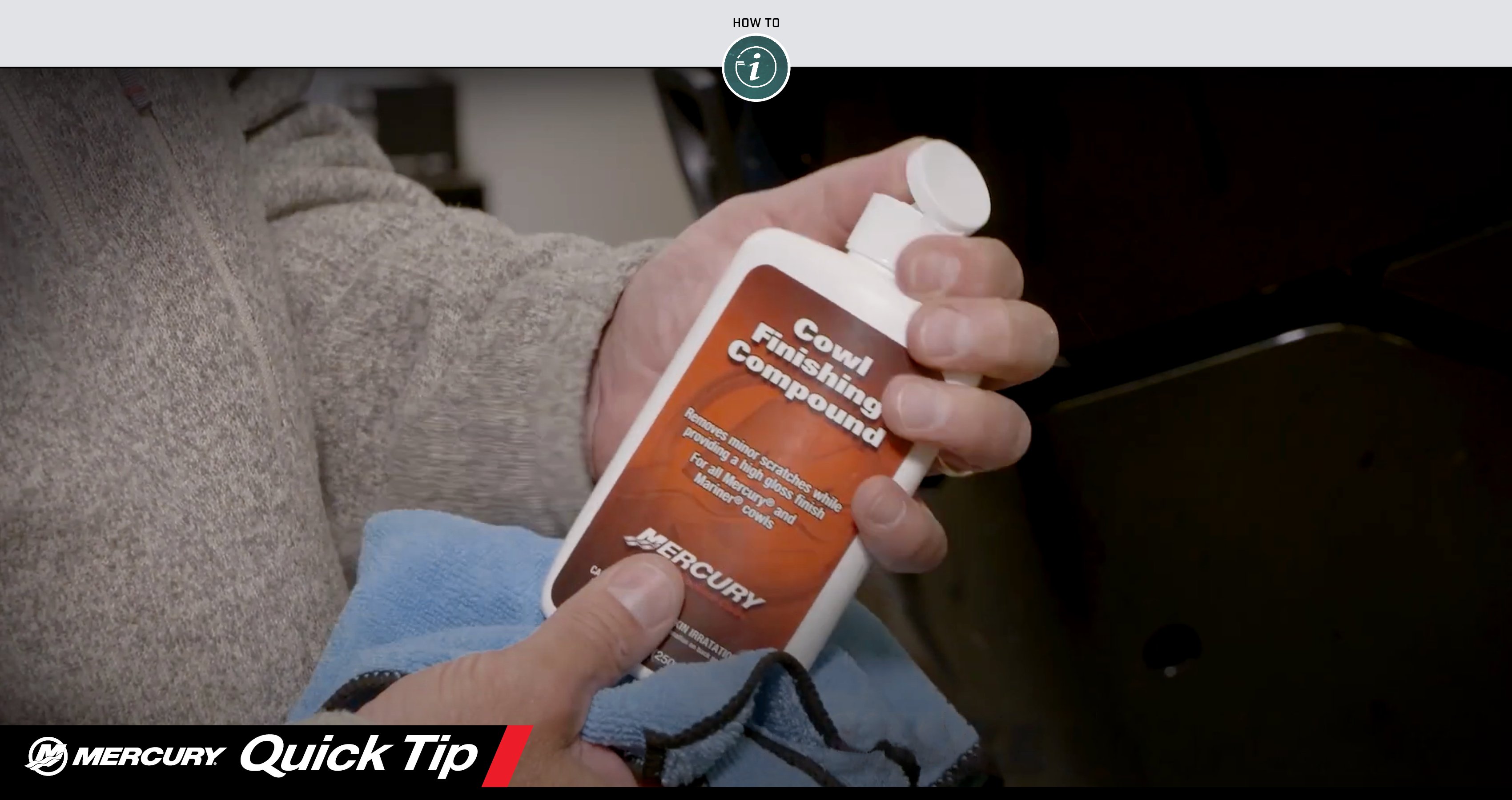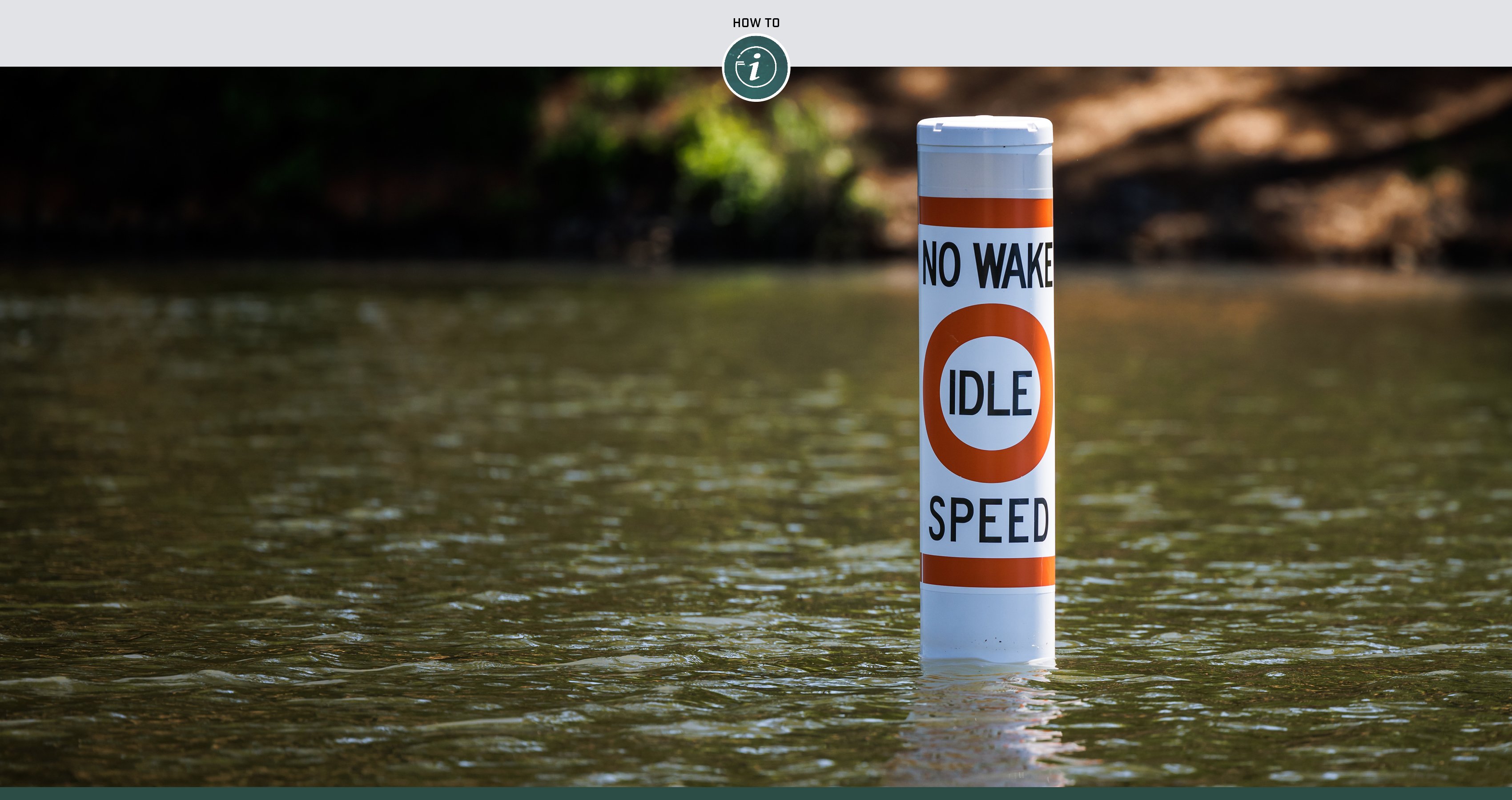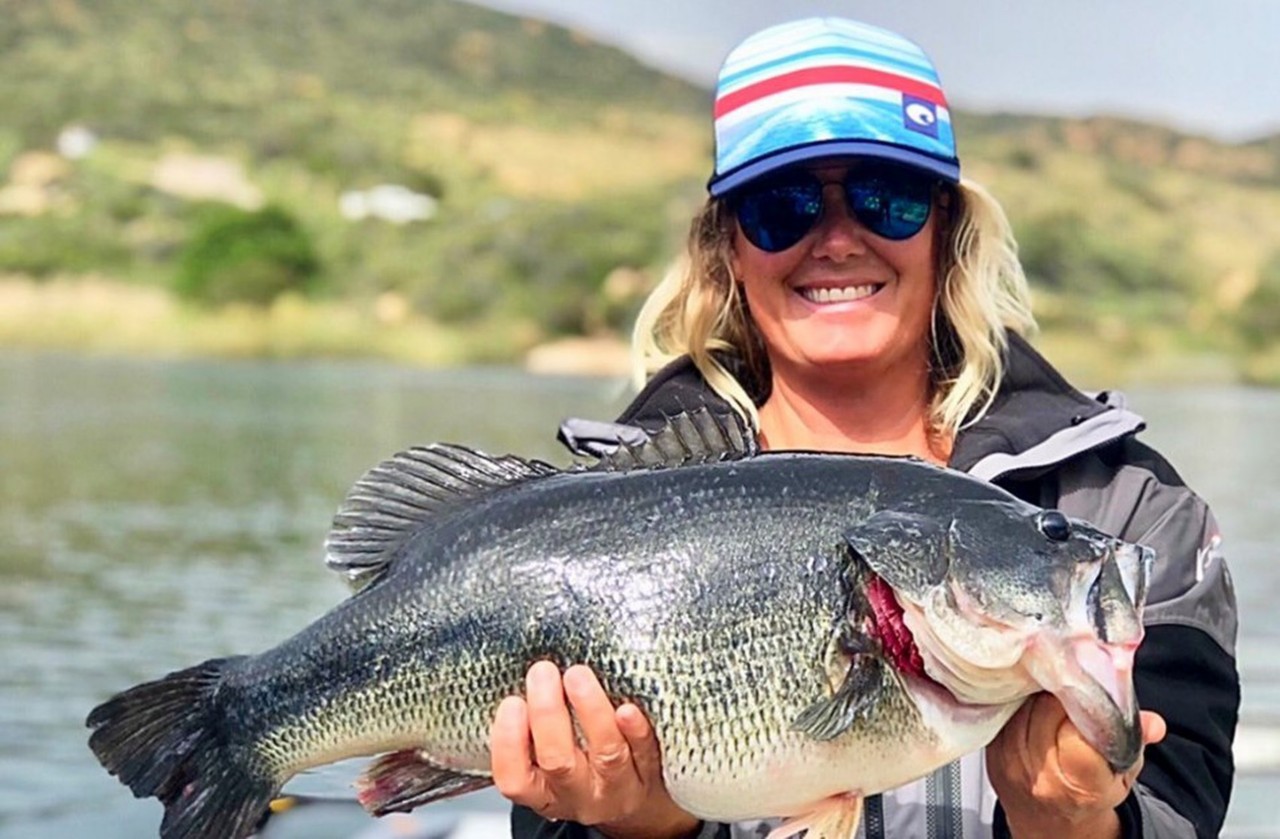But the IGFA is probably best known for its efforts at recording and monitoring sport fishing world records the past 80 years.
Mercury Marine recently caught up with Nick Haddad, angler recognition coordinator for the IGFA, to discuss the IGFA’s ongoing efforts to promote more sustainable fishing practices (i.e., catch and release) amid the pursuit of world record catches. The IGFA is headquartered in Dania Beach, Florida.
Mercury: Can an angler release a fish they've caught and still apply for world-record recognition?
Haddad: As a matter of fact, we are continuing to see more and more fish being released almost every year. For the past few years, nearly 50 percent of all record catches were released, and there are a number of reasons we are starting to see this. IGFA rules state . . . you must weigh the fish from shore, with the exception of Junior and Small Fry anglers. We understand there are certain highly migratory species where it is simply impossible to release for a record, but due to the growing bad stigma associated with killing them over the past decades we receive very few submissions for them. We also introduced the All-Tackle Length record program in 2011, which is a strictly catch-and-release program. This conservation-based category gives anglers the opportunity to catch a length record using an official IGFA measuring board in scenarios where they are unable to weigh a fish and still release it.
Mercury: What are the rules for earning an IGFA World Record? If I am a recreational angler, or I’m out fishing with my family on a vacation and just happen to catch the biggest fish of my life, what are the things that I absolutely must know?
Haddad: The very first thing I always tell anglers is to properly document the catch with photos of the angler with the fish, the rod and reel used and the scale that was used to weigh the fish.There is a common misconception that the scale must be certified at the time of catch, but if you think you have a record catch you can certainly weigh it and send us the scale shortly after to test it for accuracy. It is very important that no other angler or witness touches any part of the rod, reel or mainline during the fight. The angler should save a line sample that includes at least 5 meters of mainline attached to the full original leader, lure or hook arrangement.
Mercury: What would you say to someone who says there are no longer opportunities to catch world-record fish?
Haddad: Whether it’s your first day fishing or you are a seasoned veteran, everyone has a chance to catch a world-record fish. We have Line Class records, Tippet Class records for fly fishing, Junior records and All-Tackle Length records for many species, as well as All-Tackle records for every species on Earth. With well over 30,000 known species of fish, there is endless room for records. One of my favorite parts of this job is getting a call from a 65-year-old women or a 10- year-old child and informing them that their catch is a world record.




